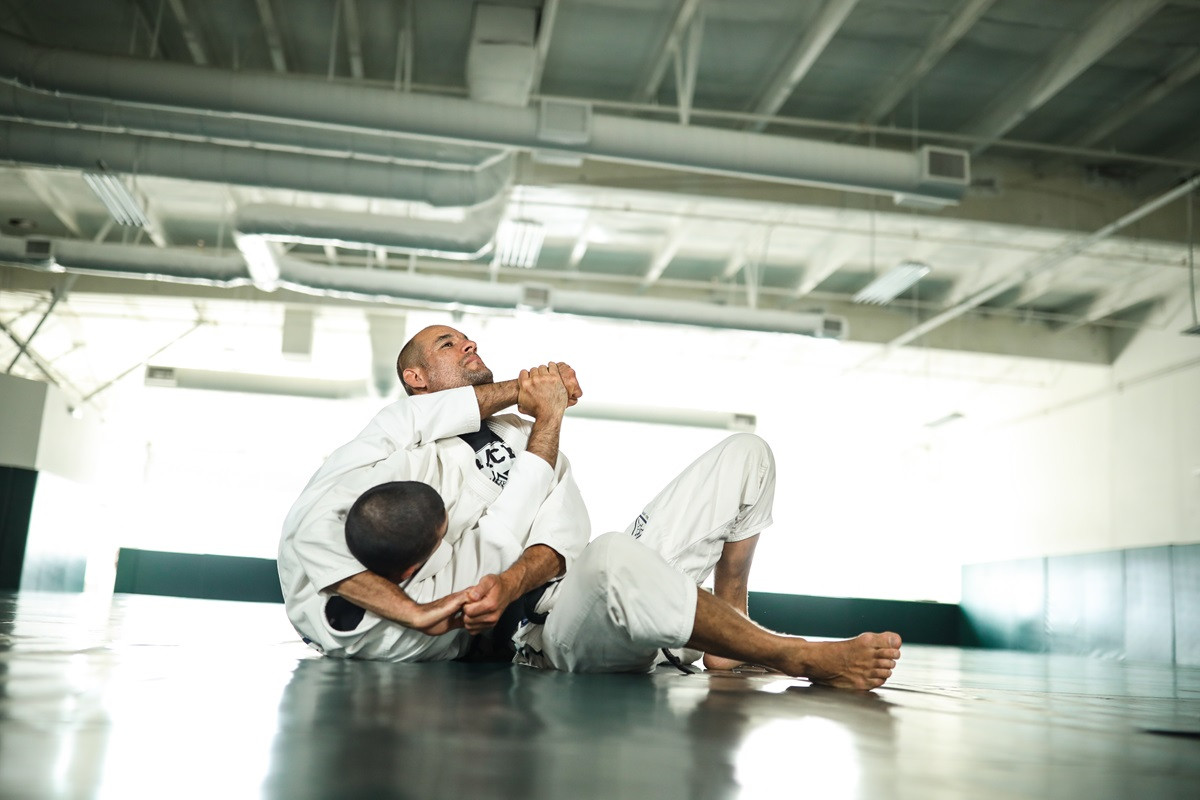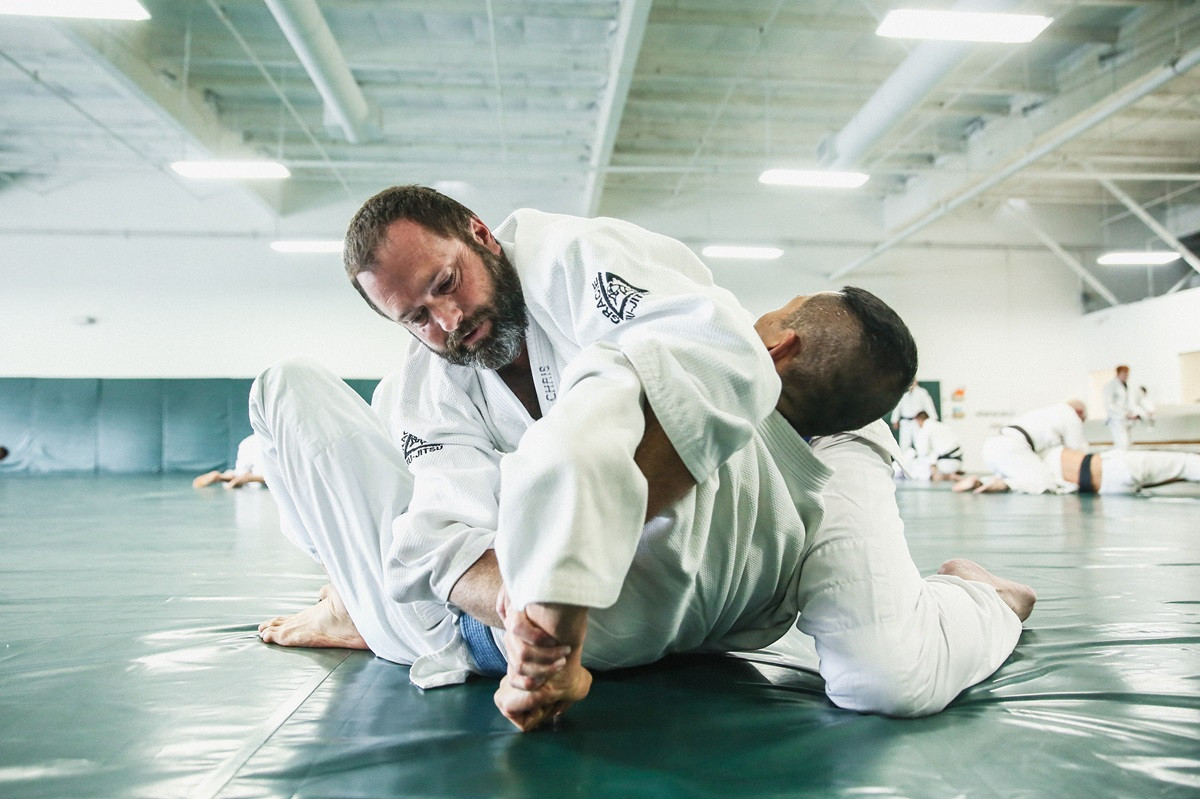Do I Need to Compete
One of the questions that Ryan Young of Kama Jiu-Jitsu gets asked frequently is about competing. Are there benefits to competing? Is it necessary? Does it make you a better fighter? As Ryan notes in the below video, a lot of the benefits that come from competing depend on the student.
Is Competing Necessary?
Strictly speaking, no. You do not have to compete to learn the basics of self-defense, nor do you have to compete to become better at jiu-jitsu. You can become better simply by training with a partner.
That said, some jiu-jitsu academies require students to compete at least once. This is their prerogative. Many instructors feel that it is not only beneficial but a crucial part of learning self-defense because competing closely mirrors a real-world fight in a way that sparring does not. Competitions are high-stress environments with high-intensity opponents, and there is a fundamentally different dynamic at a tournament when compared to a class.
If you are not prepared for this kind of dynamic or environment, many instructors reason, then you will not be prepared to properly defend yourself. This is why they require every student to take part in at least one competition. The Onzuka brothers in Hawaii, who have run a jiu-jitsu academy (now known as o2 Martial Arts Academy) following the style of the Gracies since 1995, push students to compete twice. The first time is to simply become accustomed to the experience of being in the competition. The second time is to actually compete.
What Are the Benefits of Competing?
There are several. As noted above, participating in tournaments will allow you to better understand what it’s like to be in a real-world fight. Beyond that, competitions can help build your self-esteem (especially if you win) and help you overcome the anxiety of performing in public. If you’ve had to engage in hand-to-hand combat in front of a group of onlookers, suddenly the idea of public speaking to a small group of people or taking a test does not seem nearly as difficult.
Another benefit of competing is that it can give you a reason to push yourself as you prepare for the event. Even the most focused and ardent student of jiu-jitsu can occasionally feel as though they are dragging. After all, the road to becoming a black belt is typically a decade long. Competitions offer something to look forward to and a reason to increase the intensity of your training.
Ryan also recommends that those who want to become instructors take part in competitions. Part of being a good instructor is being able to relate to your students and to guide them. If you do not have experience competing, it is going to be far more difficult to prepare your students.
What are the Downsides of Competing?
When it comes to the downsides of competing, there are three that stand out. However, in most cases, these downsides can be resolved with time.
First of all, competitions typically have registration fees. If you are extremely strapped for cash, it might be best to wait until you are in a more comfortable position to compete.
Secondly, competitions require a lot of time and energy. If entering the competition is going to put undue stress on other parts of your life (e.g., your family, your career), it is best to wait.
Finally, losing can be demoralizing, especially when it is in public. While anything worth doing carries the risk of failure, there is no need to rush into competing if you do not feel as though you’re mentally prepared.
Will Competing Make Me Better?
Competing will make you better. As Ryan explains, “It helps you to be in an environment where you can do well, you can thrive, when the stress is high. That is something that can only make you better.”
Beyond pushing you to thrive in a very difficult situation, Ryans says that “competing will help you to see what’s out there.” What he means is that there are no gyms that teach jiu-jitsu exactly the same, and students absorb these subtle differences to even fundamental moves. As a result, competing against a student from another school will introduce you to new variations of otherwise familiar techniques and become more adaptable, which is central to mastering jiu-jitsu.
This is why Ryan encourages everyone to try competing at least once. You may decide it’s not for you. You may also realize that it gives you the extra encouragement you need to grow as a fighter and to truly thrive.



